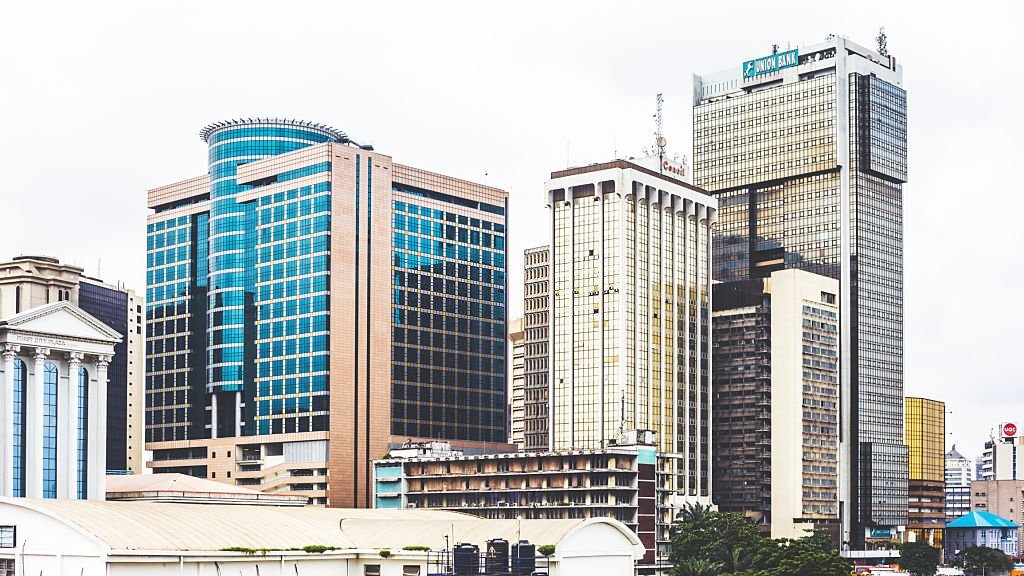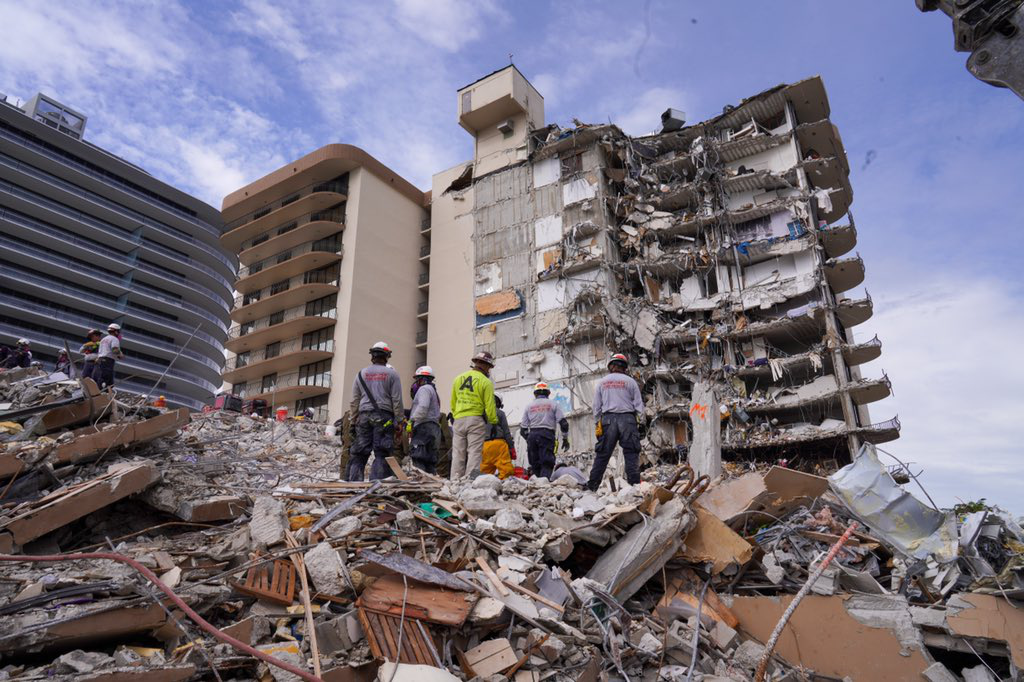
The Growth of Proptech Industry in Nigeria
Proptech is a term coined from the words “property” and “technology,” and it refers to the application of technology to improve real estate operations. The Nigerian proptech industry is growing at an unprecedented rate, with new startups emerging to disrupt traditional real estate practices. The industry’s growth is driven by the need to address some of the challenges faced in the Nigerian real estate sector, such as lack of transparency, inefficient property management, and difficulty in accessing finance. In this article, we will discuss the growth of proptech in Nigeria and the impact it has on the real estate industry.









